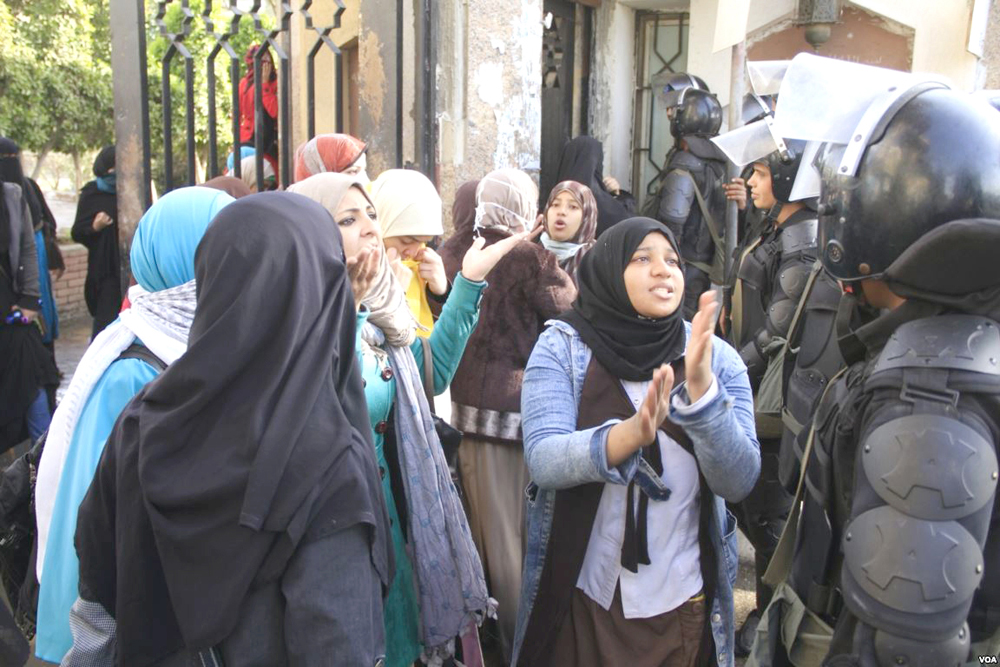Palestinian hailed a hero for foiling terror attempt
BEIRUT: A Palestinian shot in the head while trying to foil a deadly terror attack in Lebanon has been hailed a hero.
Palestinian President Mahmoud Abbas is to grant courageous 33-year-old Saber Murad a top bravery award after he tackled a gunman who opened fire during Eid celebrations in the Lebanese city of Tripoli on Monday.
And there have been calls for Murad, who is recovering in hospital from bullet wounds to his head and back, to be given Lebanese citizenship for his heroic actions.
Selfless dad Murad attempted to stop suicide bomber Abdulrahman Mabsout by positioning his car in the terrorist’s path. The “lone wolf” shooter killed two soldiers and two security officers during his rampage.
The Palestine News and Information Agency (WAFA) said Abbas later described Murad as a “young Palestinian hero” and praised his courage in “preventing an explosion that could have killed many innocent people in the city.”
Announcing that he would be granting Murad a medal of courage, the president also instructed Palestinian Ambassador to Lebanon Ashraf Dabbour to “take care of him, oversee his treatment and provide him with all that he and his family need in return for his courage and act of heroism.”
Speaking from his hospital bed Murad, a Palestinian-Australian born to a Lebanese mother and who lives in Lebanon, said he did not remember much about the attack. He recalled seeing the terrorist firing shots and tried to stop him by moving toward him in his car. Seconds later Mabsout turned his gun on Murad.
Tripoli MP Faisal Karami has reportedly stepped forward to pay for Murad’s hospital treatment. Like many Palestinians born to Lebanese mothers, Murad is denied Lebanese citizenship and the medical coverage that goes with it.
Former Lebanese President Michel Suleiman said Murad should be granted Lebanese nationality “for stopping the lone wolf terrorist attack in Tripoli and suffering severe injuries as a result.”
The children of Lebanese women married to foreigners are deprived of Lebanese citizenship and all the rights associated with it and are treated like refugees with no right to own property or take certain jobs.
HIGHLIGHT
Murad’s courage in tackling the terrorist has made him a hero. He tried to stop the terrorist, who was attacking the Lebanese security forces, and received his share of the bullets fired from Mabsout’s machine gun. He was wounded in the head.
Murad’s father said his son loved the Lebanese army and had its insignia glued to the front of his car.
Lebanese Interior Minister Raya Al-Hassan reviewed the Tripoli attack during an extraordinary meeting of the Central Security Council. A captain and a soldier in the Lebanese army, as well as a sergeant and gendarme from the internal security forces, were killed in the raid.
She also briefed the meeting on the results of preliminary investigations into the attack which had revealed that “the terrorist Mabsout, 27, left his house on a motorcycle carrying six grenades and a machine gun.”
Mabsout left Lebanon for Turkey at the beginning of 2016 and then went to Idlib to continue his Shariah courses before returning to Turkey where he was arrested and deported to Lebanon. A military court sentenced him to a year in prison for criminal acts committed outside Lebanese territory.
Al-Hassan said Mabsout had shouted takfiri statements against the army and security forces during his attack.

Hezbollah leader says ‘it’s our duty’ to confront Trump’s Israel-Palestine dealPalestine, Egypt offer air support as Israel battles wildfires




